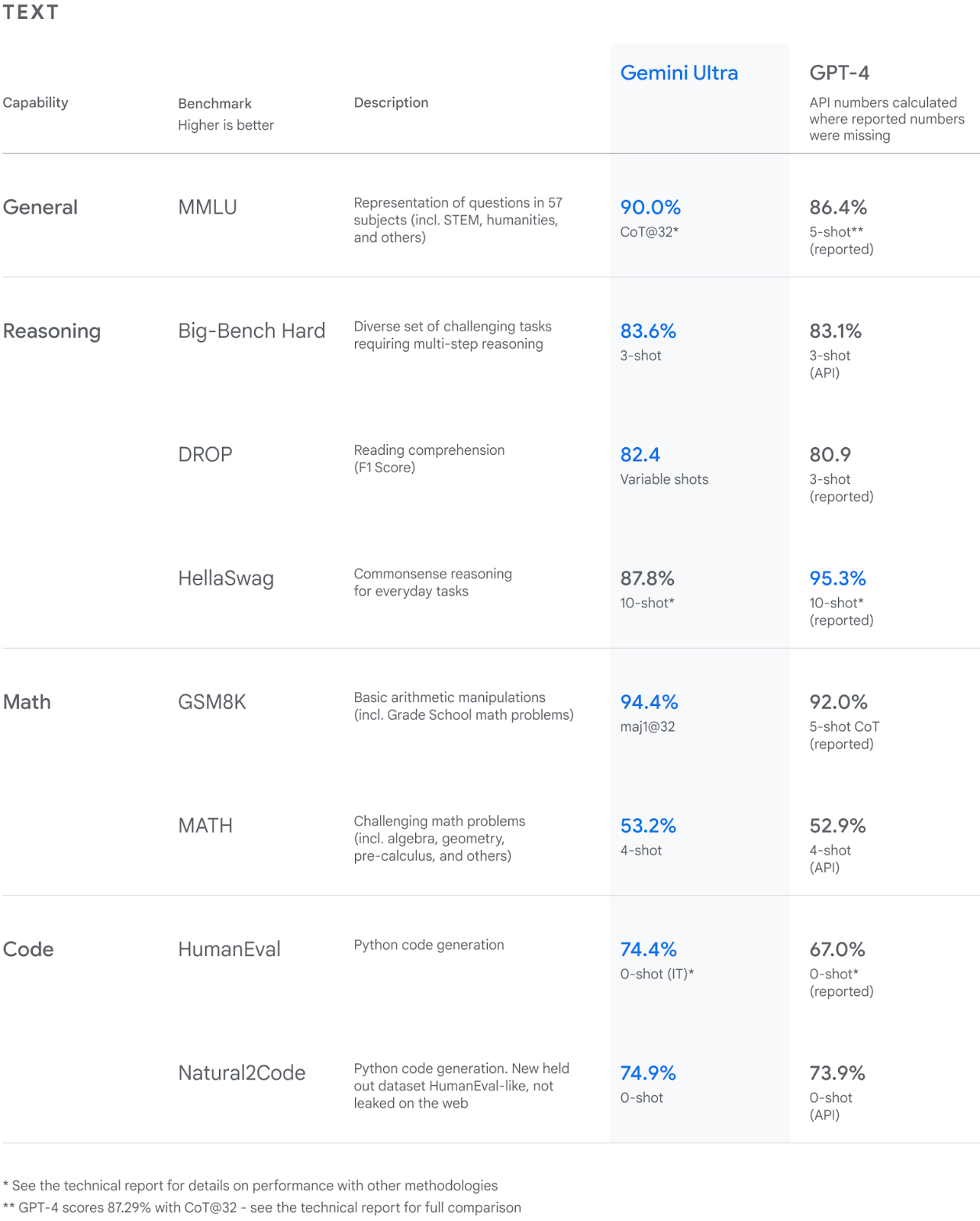The Battle of the Conversational AI Giants: ChatGPT vs Microsoft Copilot vs Claude AI
The advent of conversational AI has sparked an intense rivalry between three prominent players: OpenAI’s ChatGPT, Microsoft’s Copilot, and Anthropic’s Claude AI. Each contender brings unique strengths and weaknesses to the table, leaving the outcome of this AI chess match hanging in the balance.
ChatGPT: Setting the Conversational Benchmark
ChatGPT has taken the Internet by storm since its release, captivating users with its impressive language-processing capabilities. Its advanced natural language understanding allows it to engage in coherent and engaging conversations. ChatGPT excels in creative writing, code generation, and question-answering, making it a versatile tool for various applications.
Microsoft Copilot: A Developer’s Companion
Microsoft’s Copilot is specifically tailored for developers, aiming to enhance their coding efficiency. It offers real-time code suggestions, automates repetitive tasks, and provides contextual help, reducing development time and potential errors. Copilot’s strength lies in its seamless integration with development environments, making it an indispensable tool for programmers.
Claude AI: The Enigma in the Race
Claude AI, developed by Anthropic, remains a relatively enigmatic presence in the conversational AI landscape. Its full capabilities are yet to be fully unveiled, but early glimpses suggest that Claude boasts a formidable foundation. It is believed to possess a massive dataset, empowering it with a deep understanding of the world. However, its limited availability and lack of public testing make a comprehensive assessment challenging.
Comparative Analysis
| Feature | ChatGPT | Microsoft Copilot | Claude AI |
|---|---|---|---|
| Natural Language Processing | Strong | Moderate | Unknown |
| Code Generation | Good | Excellent | Unknown |
| Contextual Awareness | Moderate | Excellent | Unknown |
| Developer Focus | Limited | High | Unknown |
| Public Accessibility | High | Moderate | Low |
Advantages and Disadvantages
| ChatGPT | Advantages | Disadvantages |
|---|---|---|
| Versatile language processing | Occasional factual errors | |
| User-friendly interface | Limited code generation capabilities | |
| Microsoft Copilot | Advantages | Disadvantages |
| Enhanced coding efficiency | Requires user guidance | |
| Seamless integration with development environments | Limited natural language processing | |
| Claude AI | Advantages | Disadvantages |
| Potentially superior capabilities (unverified) | Limited public availability | |
| Large dataset (unverified) | Lack of real-world testing data |
Future Prospects
The conversational AI landscape is rapidly evolving, with each contender striving to outpace the others. ChatGPT’s impressive performance has set a high bar, but Copilot’s developer-centric approach and Claude AI’s potential capabilities could challenge its dominance.
The integration of these AI systems into various applications holds immense promise. ChatGPT’s conversational abilities could revolutionize customer service and chatbot interactions. Copilot has the potential to transform software development, reducing costs and improving productivity. Claude AI’s future contributions remain to be seen but could push the boundaries of AI-powered solutions.
Conclusion
ChatGPT, Microsoft Copilot, and Claude AI represent the vanguard of conversational AI, each offering unique strengths and areas for improvement. As these technologies continue to evolve, they will undoubtedly reshape various industries and our interactions with machines. The battle for supremacy is far from over, and the outcome promises to bring transformative advancements in the realm of artificial intelligence.

